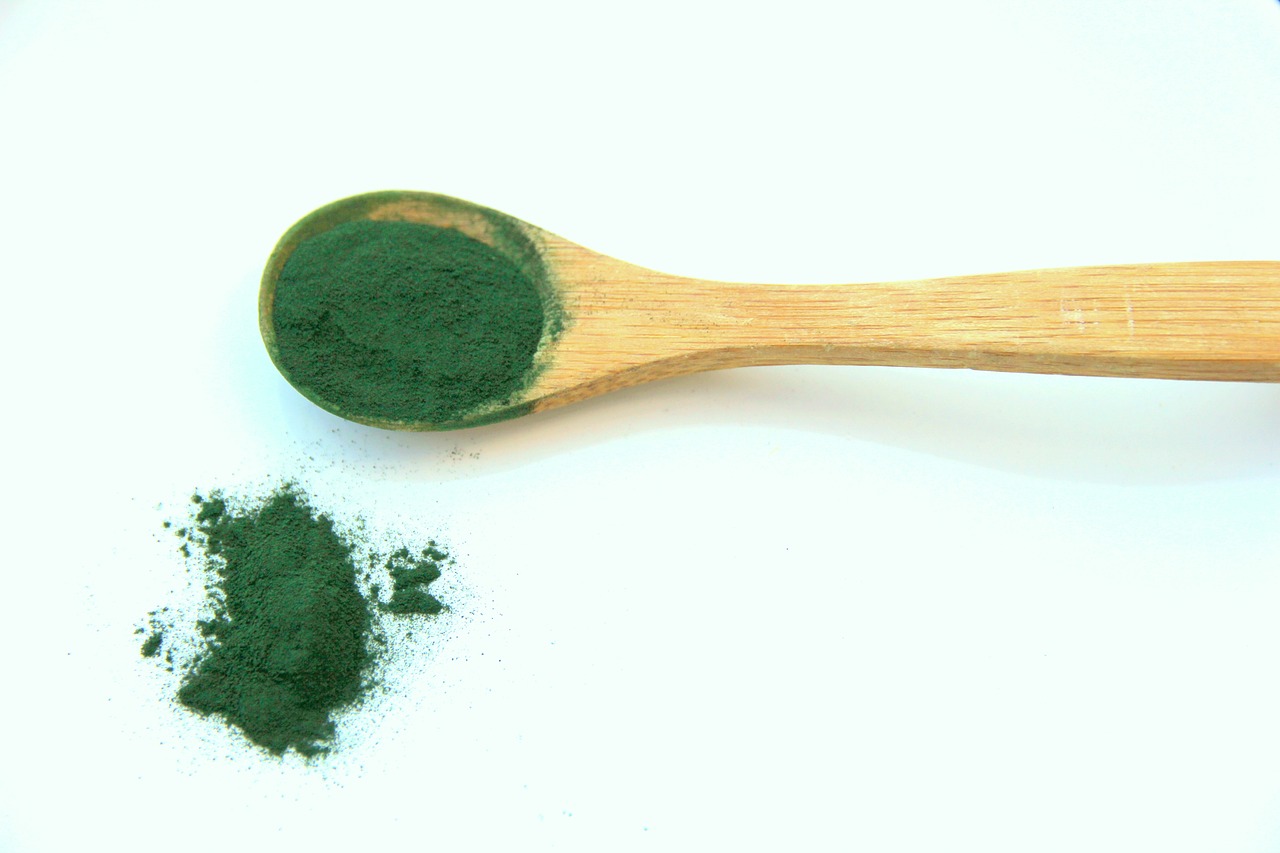Spirulina, a type of blue-green algae, has been a subject of increasing interest in the health and wellness community. This nutrient-dense superfood is not only a powerful antioxidant but also has the potential to enhance the body’s immune system. In this article, we’ll explore how incorporating fresh frozen spirulina into your diet can provide a natural boost to your immune defenses.
The Nutritional Profile of Spirulina
Spirulina is packed with a wide array of vitamins, minerals, and other beneficial compounds. It’s an excellent source of:
- Protein
- Vitamin A
- Vitamin B12
- Iron
- Calcium
- Magnesium
- Antioxidants
These nutrients play crucial roles in supporting the immune system, helping the body fight off infections and disease.
Boosting Immune Function with Spirulina
- Increased White Blood Cell Count: Spirulina has been shown to increase the production of white blood cells, which are the body’s primary defense against pathogens. This can help strengthen the immune system’s ability to respond to threats effectively.
- Enhanced Antibody Production: Spirulina has been found to stimulate the production of antibodies, which are essential for neutralizing harmful microorganisms and toxins.
- Reduced Inflammation: The antioxidant properties of spirulina can help reduce inflammation, which is a common underlying factor in many chronic health conditions. By reducing inflammation, spirulina can create a more favorable environment for the immune system to function optimally.
Incorporating Spirulina into Your Diet
There are several ways to add spirulina to your daily routine:
- Smoothies and Juices: Mix fresh frozen spirulina into your favorite smoothies or juices for a quick and convenient immune boost.
- Supplements: Spirulina supplements are readily available and can be a convenient way to ensure you’re getting a consistent intake of this superfood.
- Salads and Dishes: Sprinkle fresh spirulina over your salads, soups, or other dishes to add a nutrient-dense boost.
Potential Risks and Considerations
While spirulina is generally considered safe for most people, it’s important to be mindful of a few potential risks:
- Allergic reactions: Some individuals may be allergic to spirulina, so it’s important to start with small amounts and monitor for any adverse reactions.
- Contamination: It’s crucial to source your spirulina from reputable suppliers to ensure it is free from any harmful contaminants.
- Medication interactions: Spirulina may interact with certain medications, so it’s best to consult with your healthcare provider before incorporating it into your routine.
FAQs1. How quickly can I expect to see the immune-boosting effects of spirulina?
The effects of incorporating spirulina into your diet can vary from person to person, but many individuals report feeling a noticeable difference in their overall energy and immune function within a few weeks of consistent use. However, it’s important to remember that the benefits of spirulina are cumulative, so the longer you incorporate it into your routine, the more pronounced the effects are likely to be.
- Can children and pregnant women safely consume spirulina?
is generally considered safe for children and pregnant women when consumed in moderation. However, it’s always a good idea to consult with a healthcare professional before introducing any new supplement, especially for vulnerable populations. They can provide personalized guidance on the appropriate dosage and ensure that spirulina won’t interfere with any existing medical conditions or medications.
- Is there a difference in quality between fresh frozen spirulina and other forms?
Yes, there can be significant differences in quality between fresh frozen spirulina and other forms, such as dried powder or tablets. Fresh frozen spirulina is typically more nutrient-dense and potent, as it is harvested at the peak of freshness and immediately frozen to preserve its delicate compounds. This processing method helps to retain a higher concentration of vitamins, minerals, and antioxidants compared to other forms that may have been exposed to more processing or storage time.







